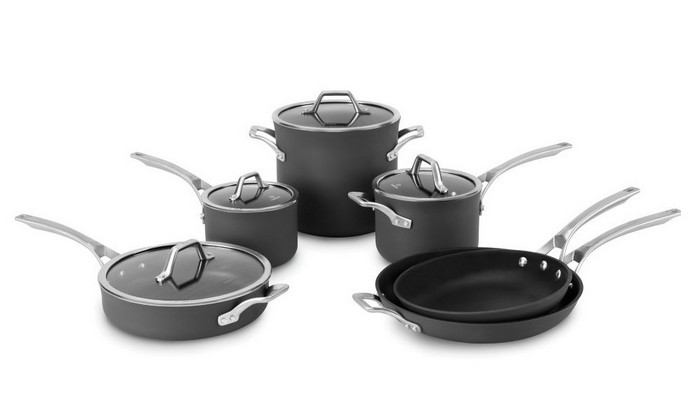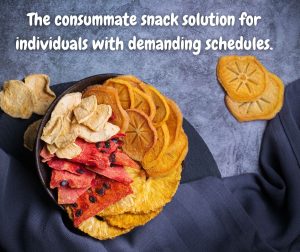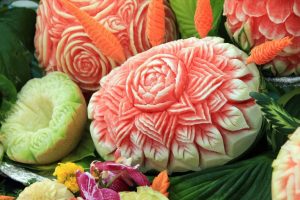Good cookware is an investment in pleasure. But it is also a financial investment in that quality cookware can last a lifetime. Nonstick cookware and bakeware is no different but does require some extra care. One of the big questions is whether you should ‘season’ your non-stick cookware before use. While the general recommendation is ‘yes’, some manufacturers state that seasoning is not necessary. Even so, taking a few minutes to season every new non-stick pan or tray, will help to keep the item performing as expected. What follows are some general guidelines to help you get the most from your nonstick cookware.
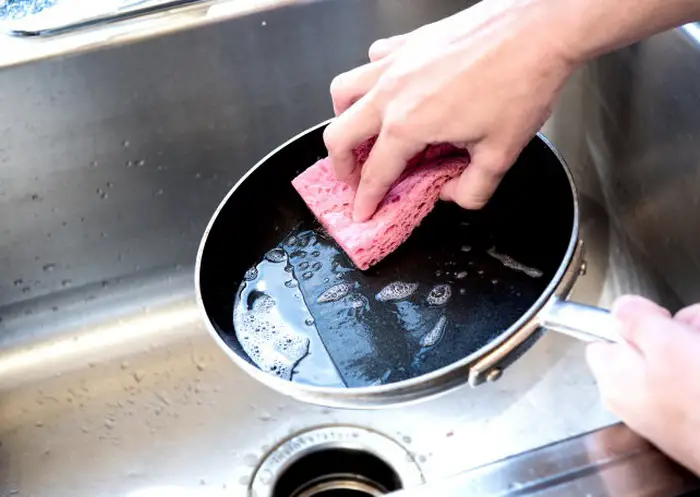
Step 1:
All new cookware should be washed with hot, soapy water before use. Stainless items will have a very light coating of oil and may have residue from the manufacturing process present. The darker surface of non-stick items makes it harder to see these particles so rinse well before washing just in case there is something stuck to the surface that could scratch the coating. Then wash as above, rinse well again and then dry the item thoroughly with a soft cotton or linen towel.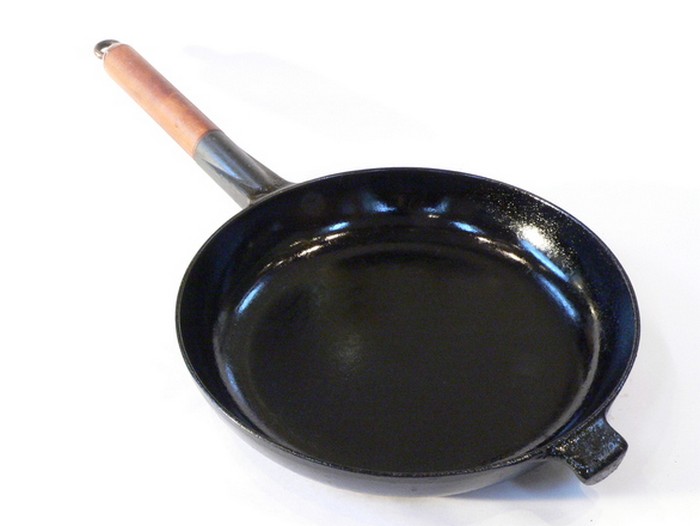 Step 2 – seasoning / conditioning:
Step 2 – seasoning / conditioning:
While at least one maker, Calphalon, says this one-time seasoning is not necessary for their nonstick cookware, it certainly can’t hurt. Simply warm the item and then rub over the non-stick surface with a good quality cooking oil. Put back on the heat until the rim is uncomfortably warm to touch and then remove from the heat, leave to fully cool, rinse and then store until ready to use.
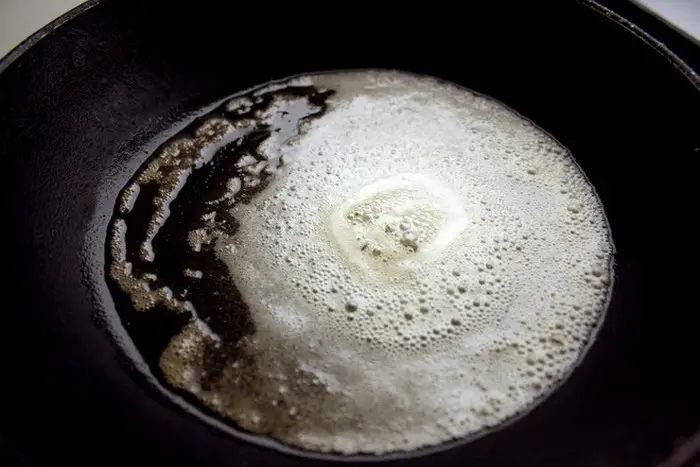
Caring for non-stick items:
Stovetop cooking at high heat is not recommended. In fact, nonstick cookware performs better at slightly lower temperatures than standard cookware. Calphalon recommends what it calls the “butter test”. Heat the pan on medium-high, and when the rim feels hot to the touch, add a small amount of butter. If it bubbles nicely, the heat is Goldilocks right. If it browns quickly and burns, your setting is too high. Wipe out the pan with a paper towel, lower the heat and try again.
Of course the great advantage of non-stick cookware is that you can cook without any butter or oil and still be able to remove your food easily and cleanly. In that regard, ‘non-stick’ is the perfect cookware for people who are watching their weight or cholesterol levels or who are following a heart-smart menu. There are even fat-free cooking sprays for use with nonstick cookware that help stop foods like fried eggs from sticking, while not adding any fat or extra calories to your diet! But that doesn’t mean you can’t use oil in a non-stick pan since many recipes need butter or oil to enhance the flavours and provide moisture.
Unfortunately, no matter how careful you are, cooking residues will start to build up on the surface of your cookware. The greater the build up, the more items stick and the harder it gets to get back to a ‘non-stick’ surface.
Even non-stick ovenware has it’s temperature limitations. Check with the manufacturer of your cookware but as a guide, avoid temperatures above 225 Celsius (approx. 450F).
[adinserter block=”11″]
Avoid the dishwasher!
Dishwashers are a boon with today’s busy lifestyles but they are the enemy of non-stick surfaces. Despite the high heat and detergents used in dishwashers, your cookware will suffer. It is also possible you are voiding your warranty if you do use a dishwasher to clean the item, since the heat alone can damage the surface. Instead, hand-wash the items. And despite the reputation (gained decades ago), non-stick surfaces can handle vigorous scrubbing with any ‘non-scratch’ cleaning aid. Hand-washing will allow you to remove all the cooked-on residues that otherwise will tend to build up and change your ‘non-stick’ to ‘everything sticks’!
While on the subject of vigorous scrubbing, never use metal utensils on your nonstick surfaces as they will damage the coating. Choose materials like wood, nylon or silicone. There are many utensils that are specifically designed for nonstick surfaces.
Never put any hot cookware into cold water, regardless of the finish. There is a high risk of warping the item due to the sudden temperature change. Be cool and let it cool first!
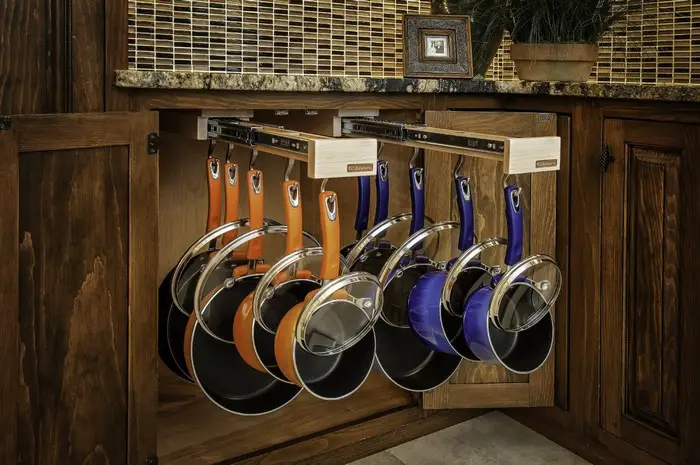
Storage:
It may seem obvious but how you store your non-stick cookware will have a huge impact on its usable life. If possible, store your cookware on a hanging pot rack with plenty of room between items. If you don’t have a hanging rack (or space to add one), store your cookware in a cabinet with a soft cloth between each item to protect the nonstick surface from coming into contact with bare metal.
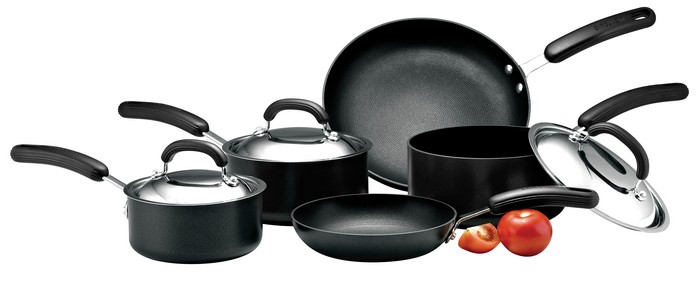
Top quality brands like Circulon and Calaphon may seem expensive. But they are designed and manufactured to last for many years if they are properly cared for. And that brings us to the final question… to re-season or not!
The general consensus from leading chefs is that you should. Simply make sure your pan is spotlessly clean and repeat the seasoning process as though the item is brand new. If you’ve looked after it, it will certainly be ‘as good as new’ :)
What’s your experience with non-stick? Are you a seasoner?

